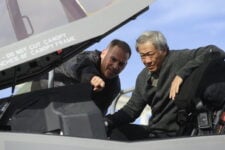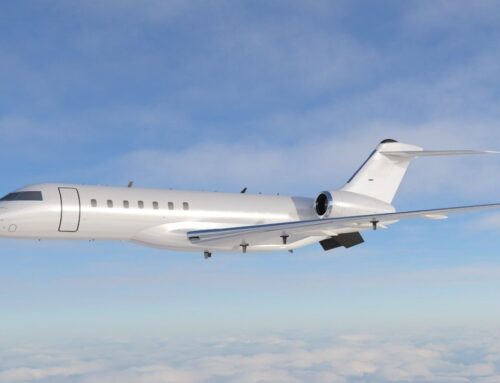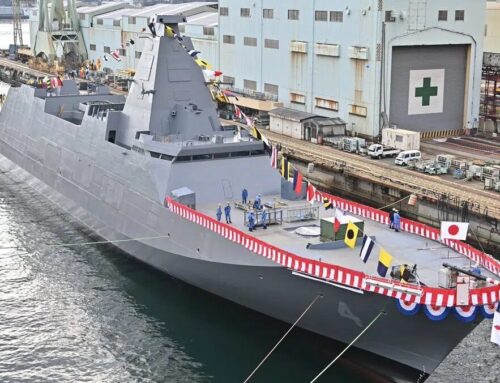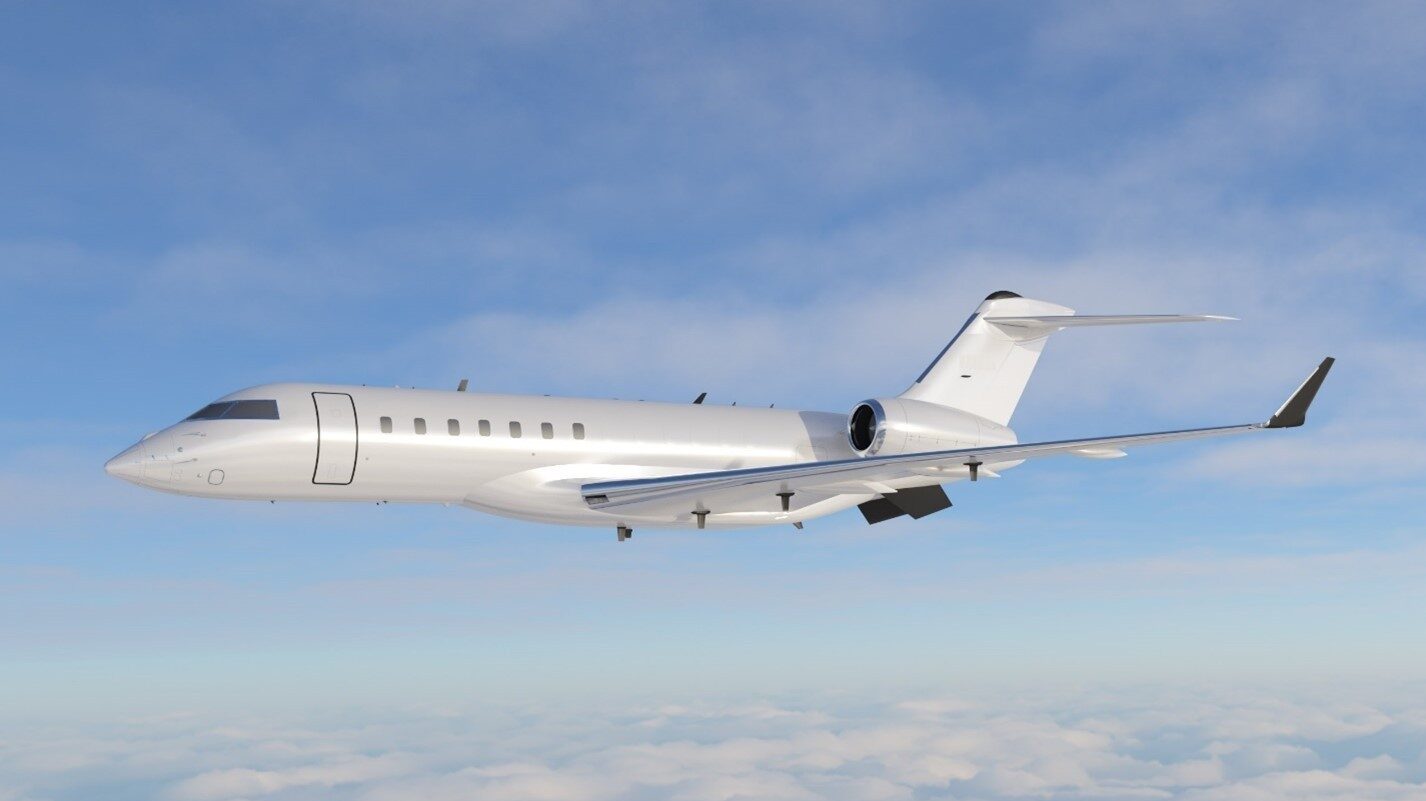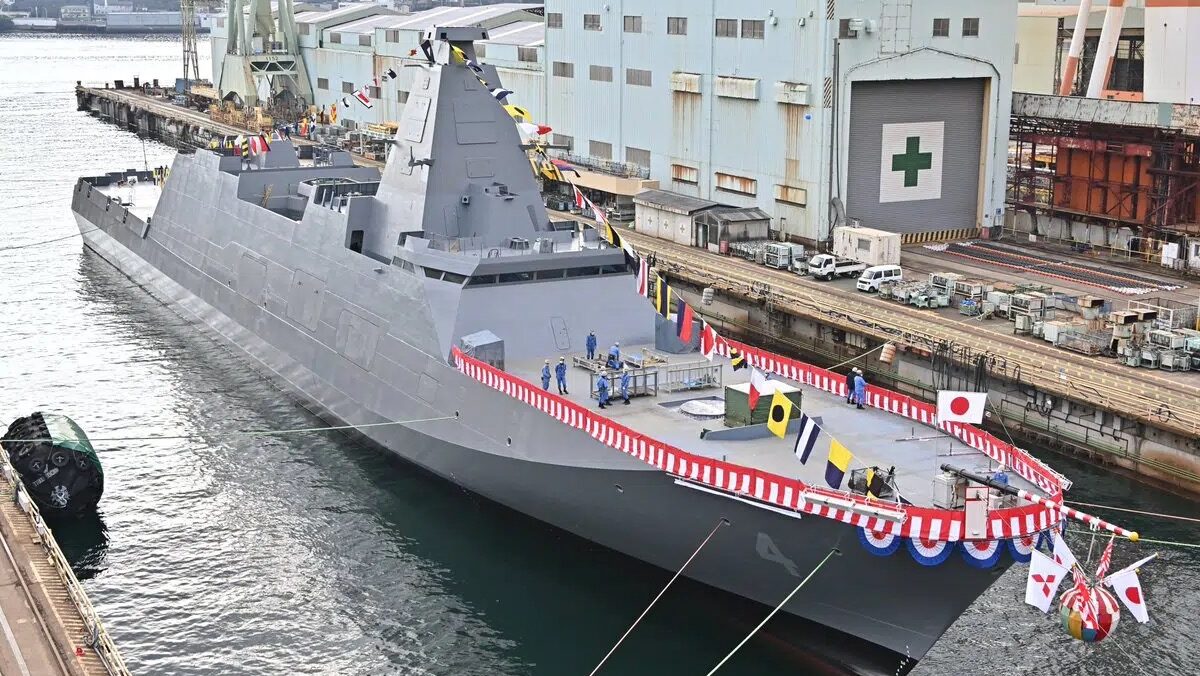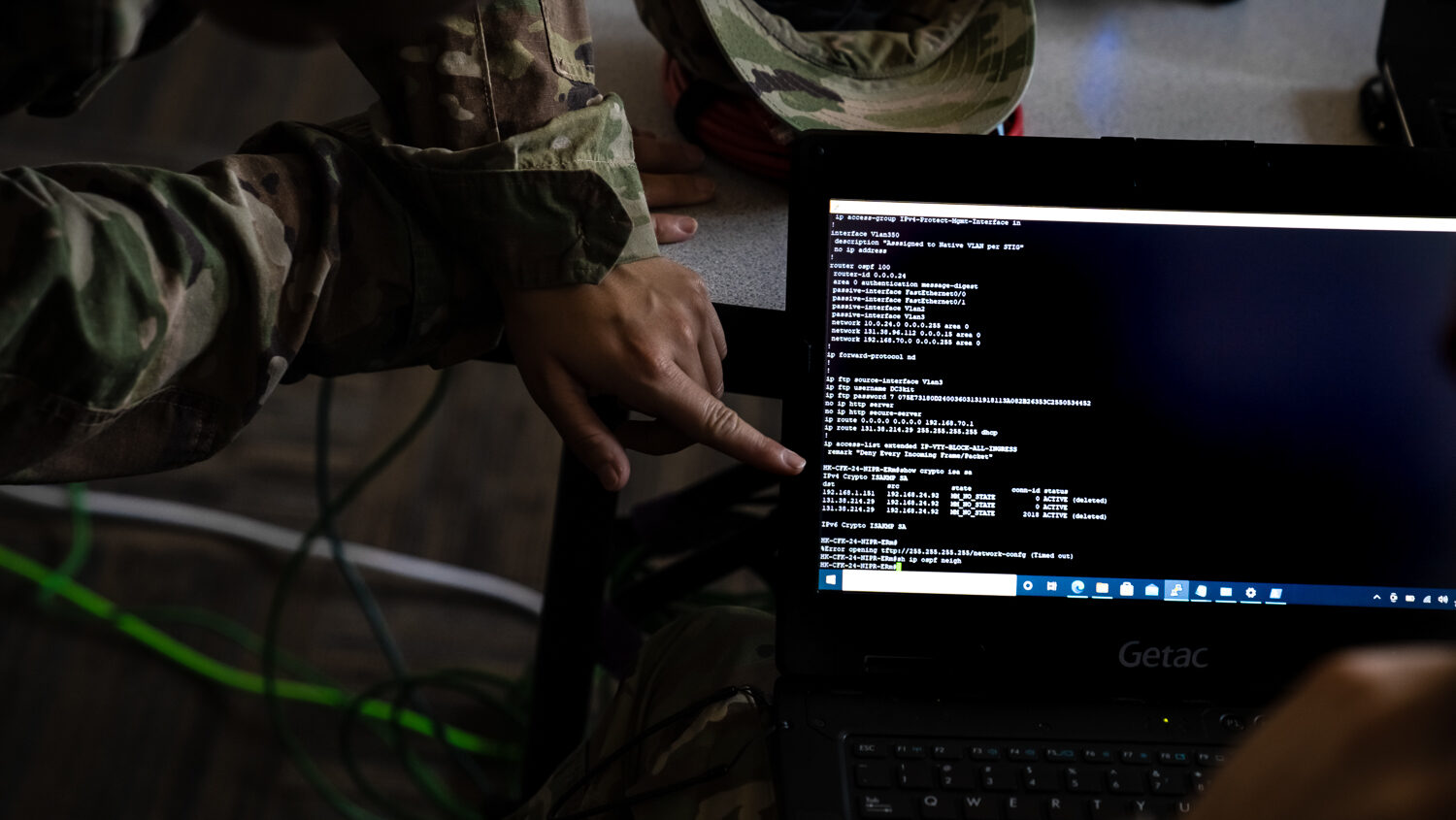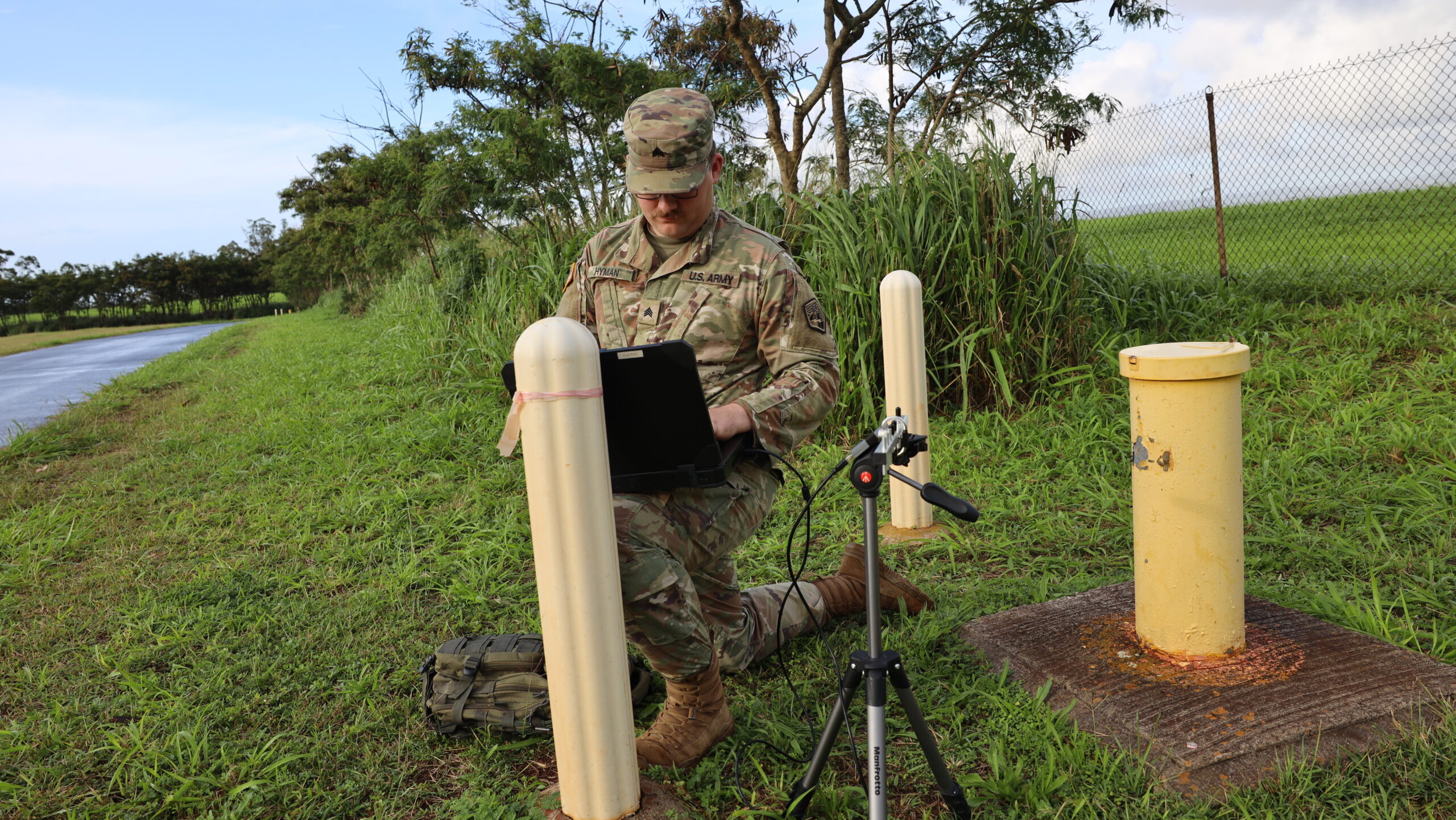U.S. Marine Corps Lt. Col. Steve Gillette, VMFA-121 squadron commander, explains the capabilities of the F-35B Lightning II to Dr. Ng Eng Hen, Singapore minister of defense, at Luke Air Force Base, Ariz., Dec. 10, 2013. (U.S. Air Force photo by Senior Airman Jason Colbert)
WASHINGTON — The Republic of Singapore’s Air Force will buy eight F-35A stealth jets, growing its overall Joint Strike Fighter fleet to 20, the country’s Defence Ministry announced today.
In a post on X, the Defence Ministry said the eight F-35As would supplement an existing order for 12 F-35B aircraft. The A variant is designed for conventional takeoff and landings, whereas the B variant houses a lift fan to facilitate short takeoff and vertical landing.
“Steady defence spending allowed this calculated decision, including the mid-life upgrade of the F-16s before they are progressively drawn down from mid-2030s onwards & replaced by the F-35s,” the ministry’s post says. A request by Singapore’s Air Force to upgrade 60 F-16s was approved by the US State Department in 2015 and completed last year.
According to a report in Bloomberg, Singapore Defence Minister Ng Eng Hen informed the country’s parliament today that the jets would be delivered in the 2030 timeframe. The plane’s maker, Lockheed Martin, says the first F-35B is scheduled to arrive in 2026.
Countries tend to buy only either the A or B version of the tri-variant fighter, placing Singapore in the ranks of the US, Italy and Japan as countries that fly both the A and B variants. Only the US Navy buys the carrier-launched C-variant.
The move by Singapore underscores the burgeoning international market for the stealth fighter, where several countries have been spurred to modernize their fleets and beef up defense spending in the wake of Russia’s invasion of Ukraine and a growing threat from China in the Indo-Pacific.
Strong demand for the stealth fighter should make for a busy production line at Lockheed’s facilities in Fort Worth, Texas for much of the decade, experts previously told Breaking Defense, though they cautioned the world’s largest defense contractor could be challenged to deliver the jets in a timely way given the demand.
A recent decision to trim the Pentagon’s F-35 procurement in the 2025 fiscal year, as reported by Reuters, could free up some production slots for foreign customers, though Air & Space Forces magazine recently noted several challenges could make that scenario unlikely if the cuts go through.


